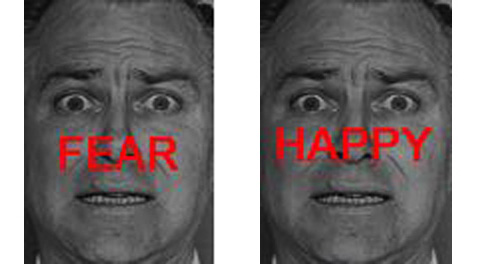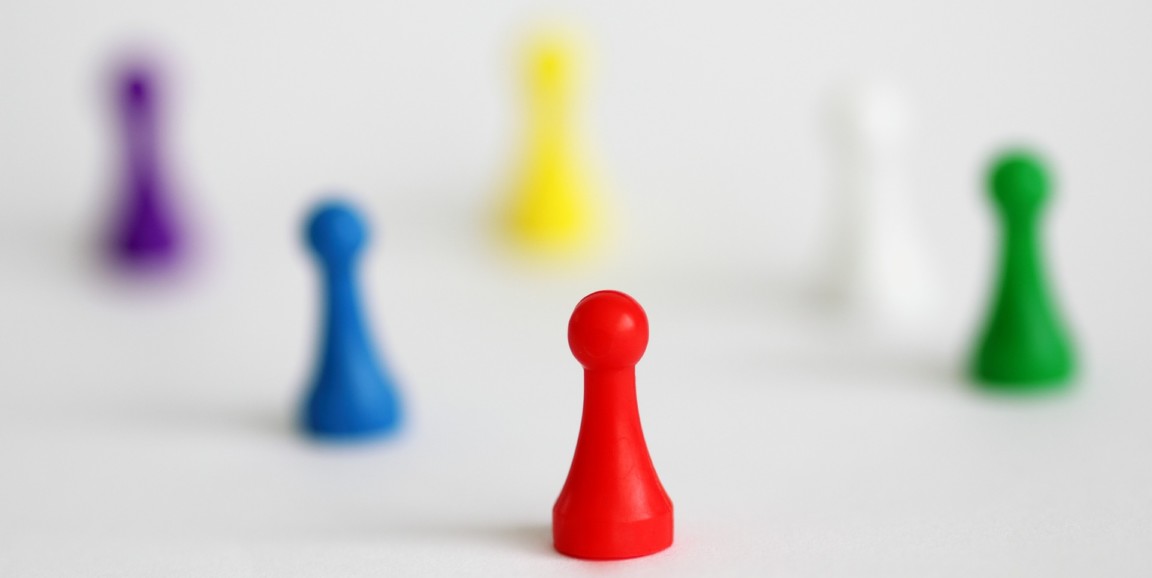You, or someone you care about, probably take an antidepressant -- given that one in eight Americans do. Despite this widespread use, many experts question whether these drugs even work. Studies have shown that antidepressants are only slightly more effective than a placebo for treating depression.
"The interpretation of these studies is that antidepressants don't work well as medications," said Stanford psychiatrist and neurobiologist Amit Etkin, MD, PhD. "An alternative explanation is that the drugs work well for a small portion of people, but we're giving them to too broad of a population and diminishing overall efficacy. Right now, we prescribe antidepressants based on patients' clinical symptoms rather than an understanding of their biology."
In a new study, Etkin and his collaborators sought a biologically-based method for predicting whether antidepressants will work for an individual patient.
The researchers analyzed data from the EMBARC study, the first randomized clinical trial for depression with both neuroimaging and a placebo control group. EMBARC included over 300 medication-free depressed outpatients who were randomized to receive either the antidepressant sertraline (brand name Zoloft) or a placebo for eight weeks.
Etkin's team analyzed functional magnetic resonance imaging (fMRI) data -- taken before treatment started -- to view the patients' brain activity while they performed an established emotional-conflict task. The researchers were interested in the brain circuitry that responds to emotion because depression is known to cause various changes in how emotions are processed and regulated.
During the task, the patients were shown pictures of faces and asked to categorize whether each facial expression depicted fear or happiness, while trying to ignore a word written across the face. The distracting word either matched or mismatched the facial expression. For example, the fearful face either had "happy" or "fear" written across it, as shown below.

As expected, having a word that was incongruent with the facial expression slowed down the participants' response time, but their brains were able to automatically adapt when a mismatch trial was followed by another mismatch trial.
"You experience the mismatched word as less interfering, causing less of a slowdown in your behavior, because your brain has gotten ready for it," explained Etkin.
However, the participants varied in their ability to adapt. The study found that the people who could adapt well to the mismatched emotional stimuli had increased activity in certain brain regions, but they also had massively decreased activity in other brain regions -- particularly in places important for emotional response and attention. In essence, these patients were better able to dampen the distracting effects of the stimuli.
Using machine learning, the researchers determined that they could use this fMRI brain activation signature to successfully predict which individual patients responded well to the antidepressant compared to the placebo.
"The better you're able to dampen the effects of emotional stimuli on emotional and cognitive centers, the better you respond to an antidepressant medication compared to a placebo," Etkin said. "This means that we've established a neurobiological signature reflective of the kind of person who is responsive to antidepressant treatment."
This brain activation signature could be used to separate the people for whom a regular antidepressant works well from those who might need something new and more tailored. But it could also be used to assess potential interventions -- such as medications, brain stimulation, cognitive training or mindfulness training -- to help individuals become treatment responsive to antidepressants, he said.
"I think the most important result is that it turns out that antidepressants are not ineffective. In fact, they are quite effective compared to placebo if you give them to the right people. And we've identified who those people are using objective biological measures of brain activity."
The team is currently investigating in clinics around the country whether they can replace the costly fMRI neuroimaging with electroencephalography, a less expensive and more widely available way to measure brain activity.
Etkin concluded with a hopeful message for all patients suffering from depression: "Our data echoes the experience that antidepressants really help some people. It's just a question of who those people are. And our new understanding will hopefully accelerate the development of new medications for the people who don't respond to an antidepressant compared to a placebo because we also understand their biology."
Photo by InspiredImages




